“You have to never get old, never be rude, never show off, never be selfish, never fall down, never fail, never show fear, never get out of line. It’s too hard! It’s too contradictory and nobody gives you a medal or says ‘Thank you!’ And it turns out in fact that not only are you doing everything wrong, but also everything is your fault.”
It’s the second half of the pinkest — and highest grossing movie of 2023 — and Gloria, a Mattel employee played by America Ferrera, is giving Barbie (Margot Robbie) a pep talk before they reclaim Barbie Land from the Ken invasion, or “Kenvasion” as referenced in the movie.
“I’m just so tired of watching myself and every single other woman tie herself into knots so that people will like us. And if all of that is also true for a doll just representing women, then I don’t even know,” Gloria concludes.
It’s a moment of catharsis for the character as well as many women and girls watching. Gloria explains the obstacle course of double standards women and girls must crawl and duck through to earn praise and respect. As I listen to Gloria’s smack of reality in my pink sweatshirt, I know I should feel seen and empowered by its brutal truth.
But instead, I feel shortchanged.
With screenwriter and director Greta Gerwig as the brains behind “Barbie” the movie seemed to promise a sucker punch of a feminist message with the same gusto as Lady Bird’s firecracker rants and Amy March’s sizzling response to Laurie in “Little Women.” This monologue at the crux of the movie’s conflict should be that devastating blow. But “Barbie” is missing that sucker punch.
While the message may resonate with women and girls watching, it reads without any layers, like a children’s book. Although bursting with truth, the monologue is not radical or empowering because there is nothing radical or empowering about being told how difficult it is to be a woman — as a woman, I already know that. By stating these expectations simply, instead of feeling heard or celebrated, Gloria’s monologue suddenly convinced me that I was watching a movie not made for me, but a glittery guide to girl power for men and the mainstream.
In other words, “Barbie” is a delicious 114 minutes of pop feminism.
The term “pop feminism” refers to “girl power” messages which are watered down for mainstream audiences and, as a result, are often skin-deep. In other words, pop feminism is feminism served with a spoonful of sugar — or in Barbie Land, a world of painted pools, dance numbers and lots of pink.
The film ends with Barbie strutting into the gynecologist’s office. With this finale and the monologue in mind, “Barbie” seems to tell viewers that women should be allowed to be imperfect and human, free of expectations to be extraordinary.
But permission to be ordinary does not make me feel powerful. Movies like “Mulan,” “Don’t Worry Darling,” “Lady Bird” and “Little Women” make me feel seen and empowered by centering loud, multidimensional, messy female characters who achieve impressive feats by being belligerent in a culture that expects them to be quiet and kind. Although the message of “Barbie” may make women and girls feel seen, the film pulls away from that second crucial step of empowerment.
Barbie also fails to challenge stale ideas of gender and the patriarchal history of Barbie, whose blonde hair, tiny shoulders and waist became a symbol of American beauty standards for women. In Barbie Land, Barbies live in a utopia bedazzled with markers of traditional femininity, such as pink, dresses and sparkles. Barbies and Kens are separated with no room for nonbinary or gender non-conforming dolls. And, of course, Barbie is played by Margot Robbie, a white, blonde, thin sex symbol.
Instead of an empowering sucker punch of a feminist message, “Barbie” celebrates the doll and its baggage with sequins and dance parties.
Aalianna Marietta can be reached at [email protected].

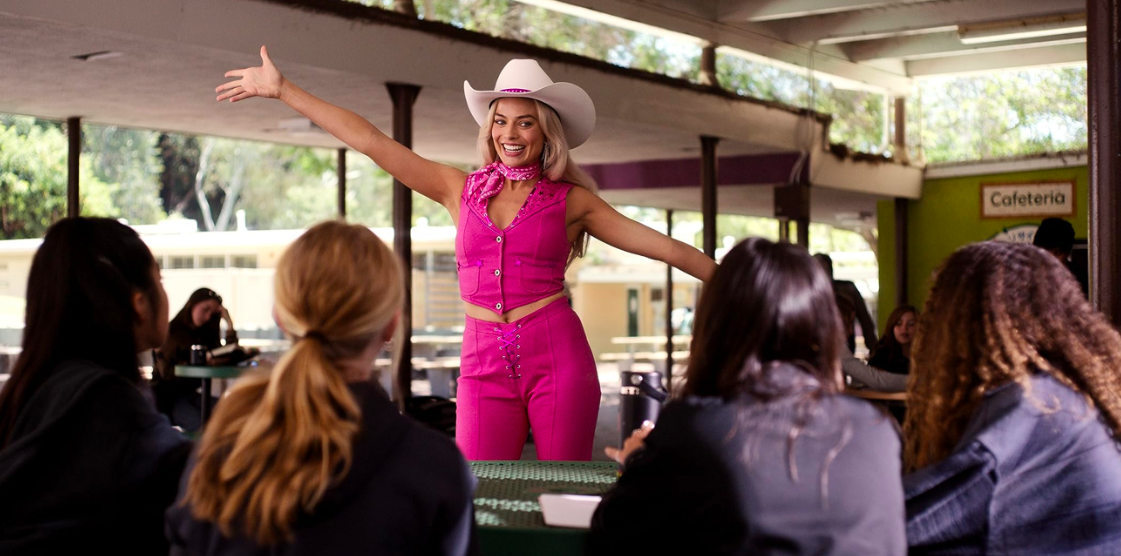






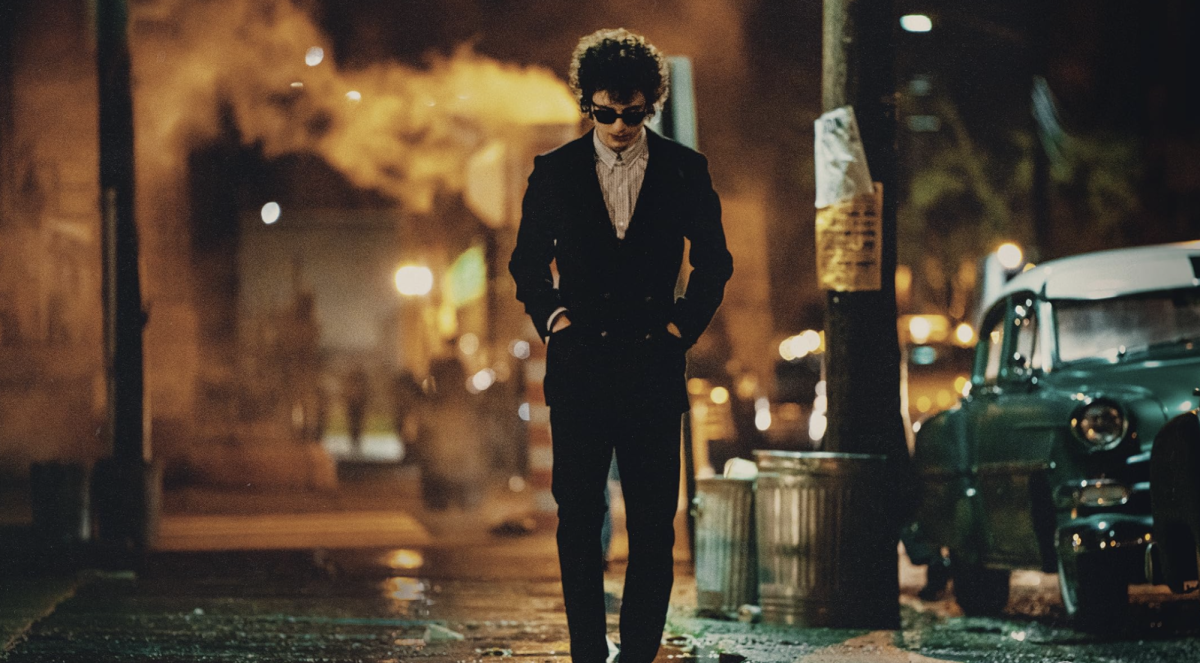
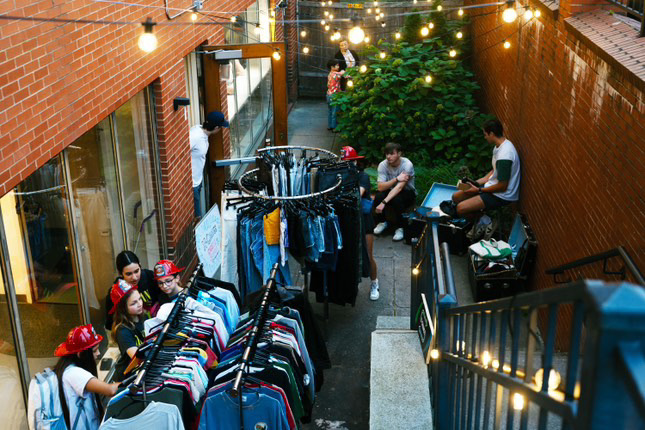
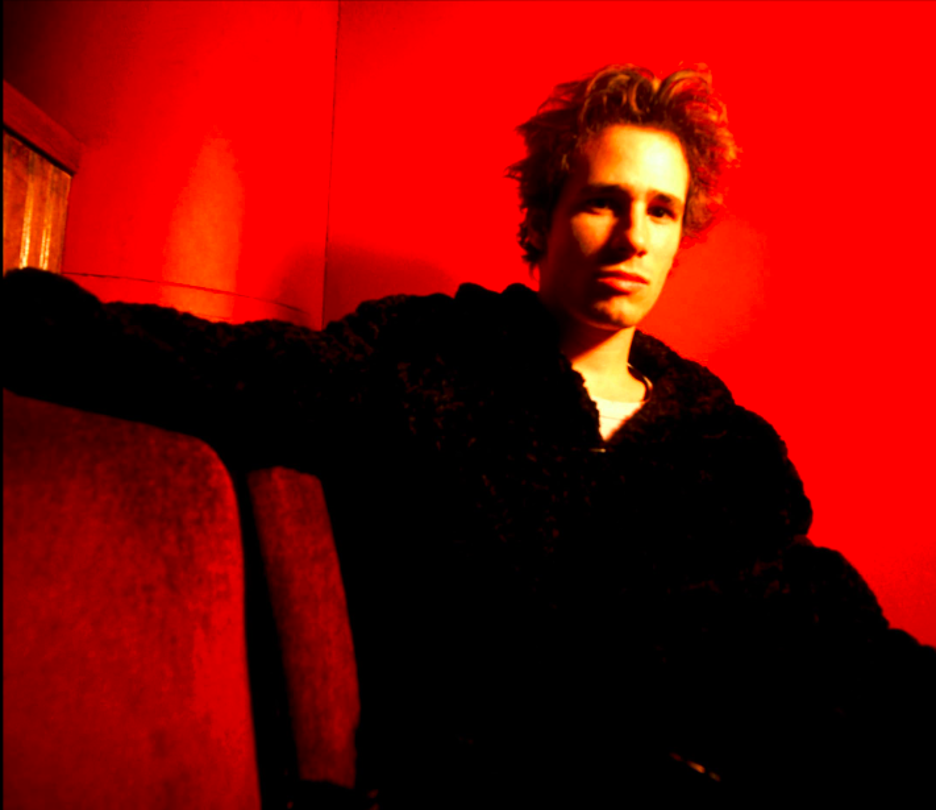
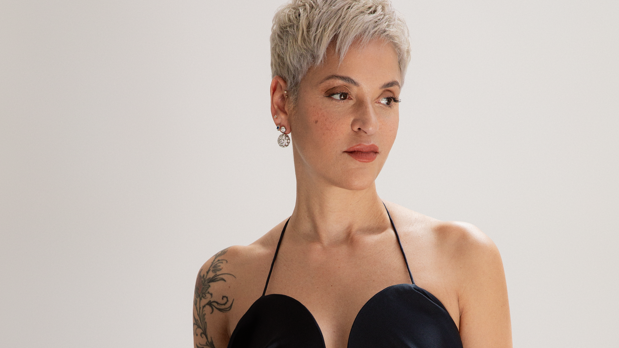
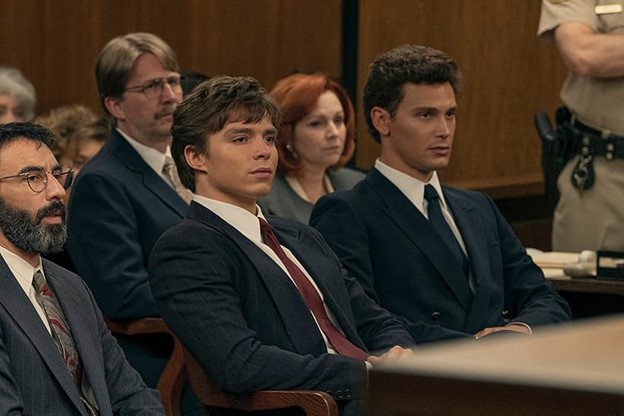







Megan Di Giovanni • Oct 25, 2023 at 8:50 pm
THAT’S MY ROOMMATE!!!